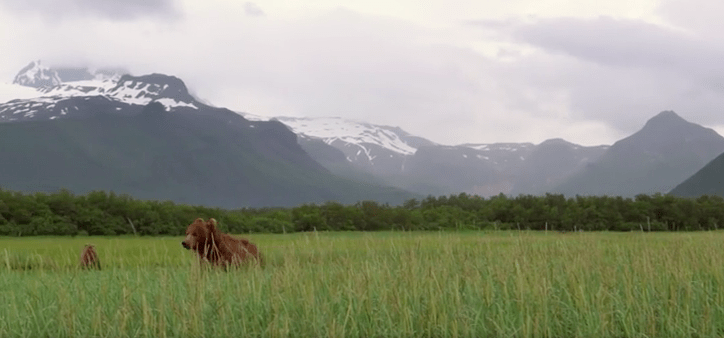Something is wrong with humanity. We have a broken relationship with the world.
After decades of inaction to slow climate warming that’s causing sea level rise, sea levels are — wait for it — rising. A new report projects worse than previous predictions (due to aforementioned inaction), possibly 6 feet in this century.
It could swamp large proportions of cities like New York and Shanghai, as well as island nations, and other places where seawater could displace a newly estimated 187 million people (four times the number of immigrants living in the US). It would be “catastrophic,” scientists warn — meaning, of course, that the United States will ignore it.
This report follows on the heels of one early this month from the United Nations estimating that roughly one million species face extinction because of us.
The United Nations — or at least the chairman of the panel issuing the report, Robert Watson — doesn’t seem to grasp how bad this is. “The most important thing isn’t necessarily that we’re losing … 1 million species — although that’s important, don’t misunderstand me,” said Watson, a British chemist. “The bigger issue is the way it will affect human well-being, as we’ve said many times — food, water, energy, human health.”
Caring only about people is why we have these problems affecting nature and people. Not caring about nature is degrading the entire planet and its life-supporting systems, causing suffering and misery to life in every corner of the world. Endangering just 100 species constitutes an emergency. Eradicating a million is a catastrophe. And it’s well under way.
Read the complete article here.
The views and opinions expressed through the MAHB Website are those of the contributing authors and do not necessarily reflect an official
position of the MAHB. The MAHB aims to share a range of perspectives and welcomes the discussions that they prompt.

